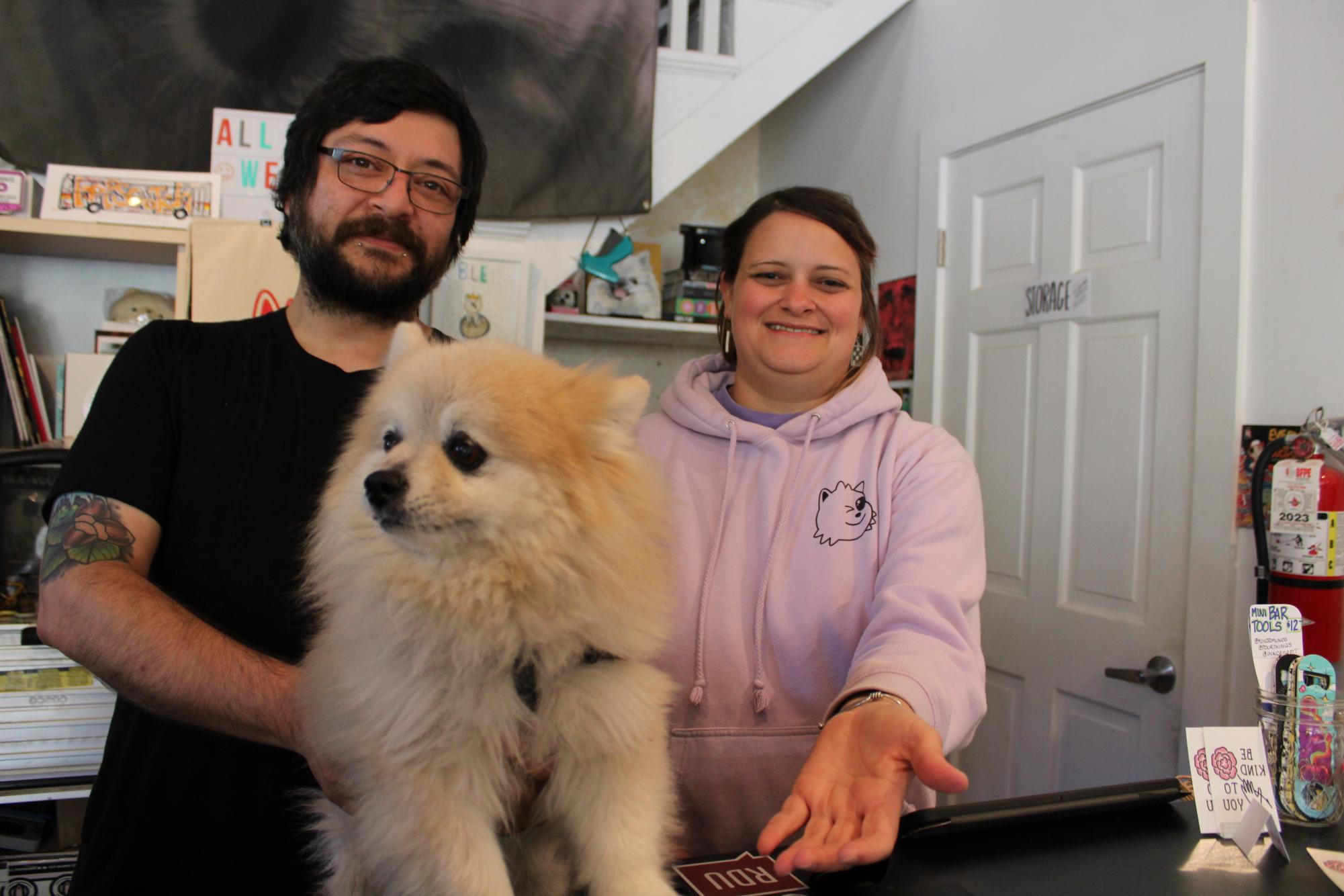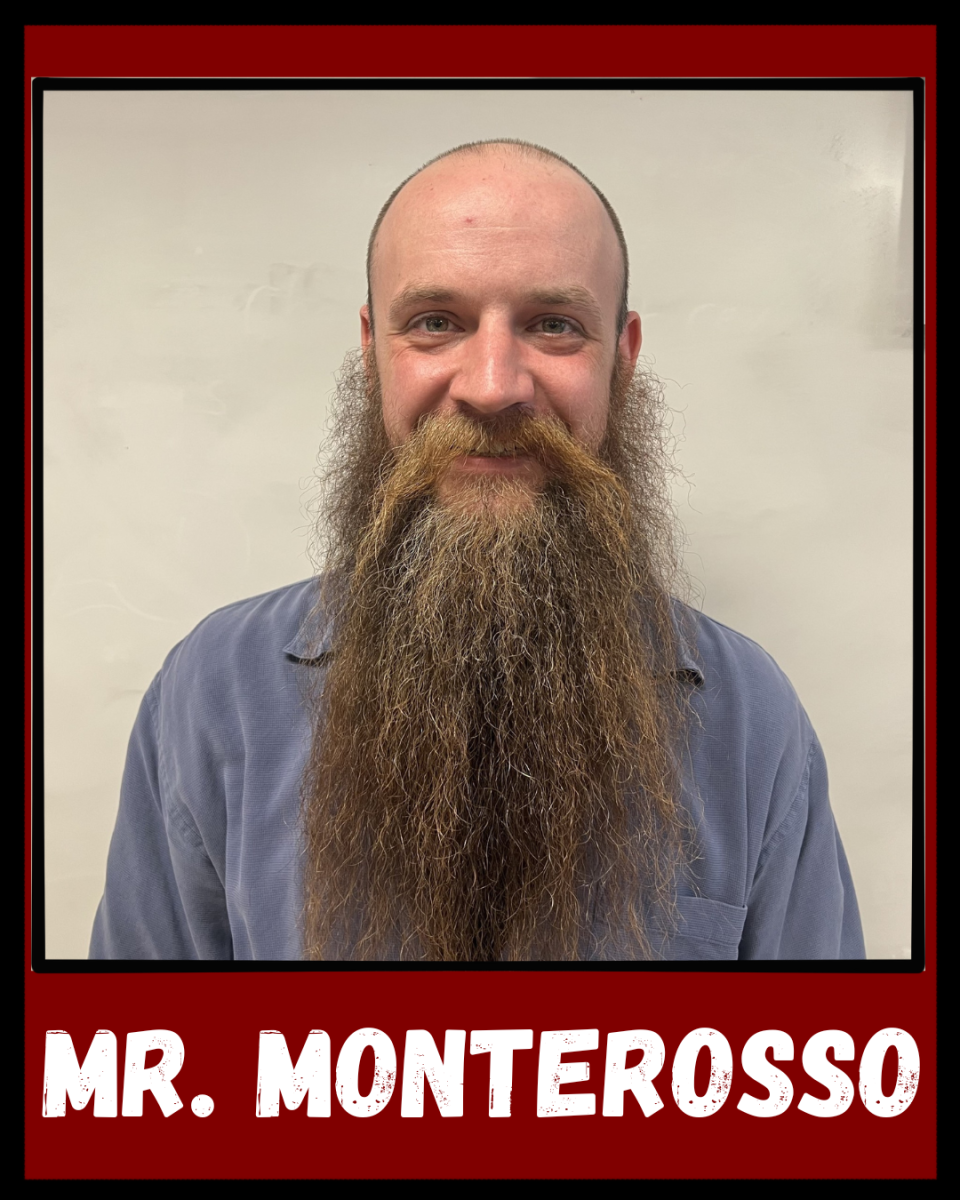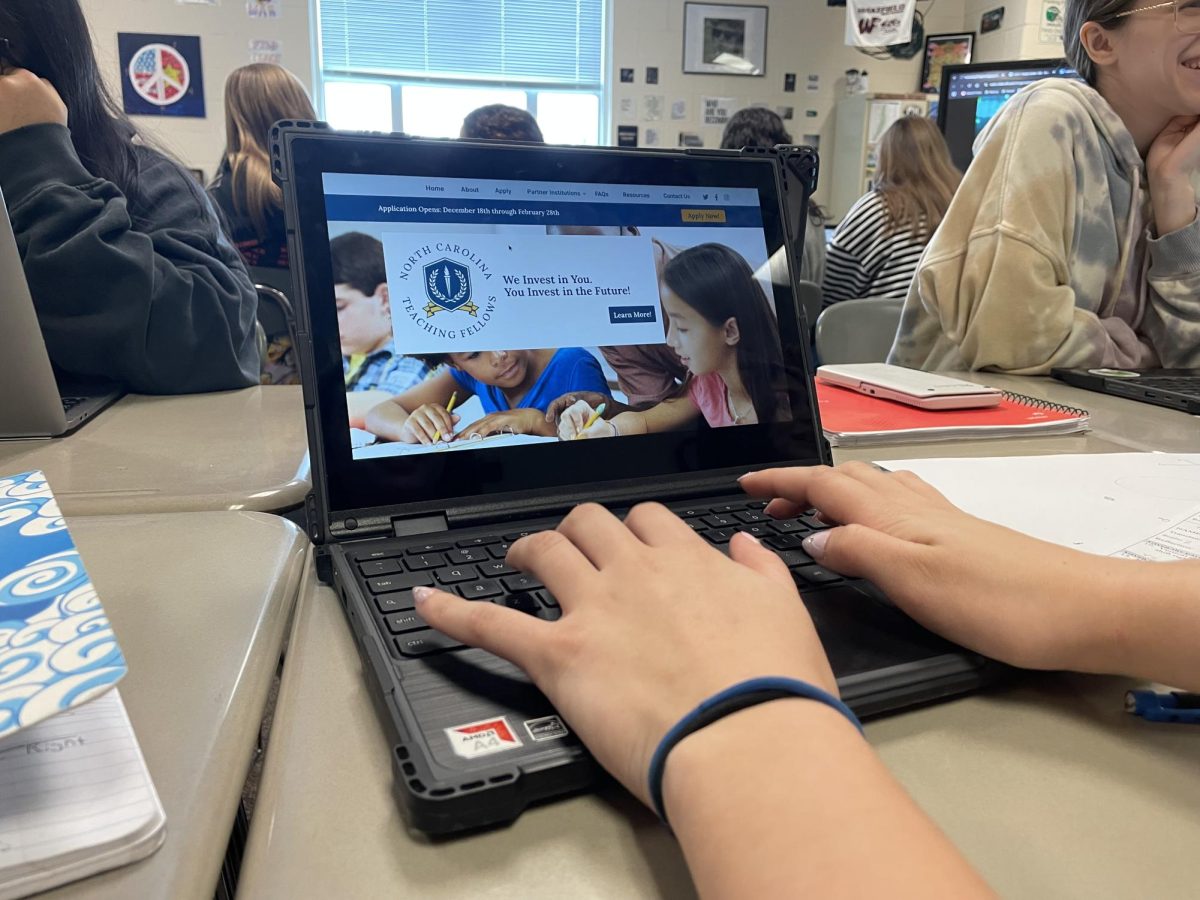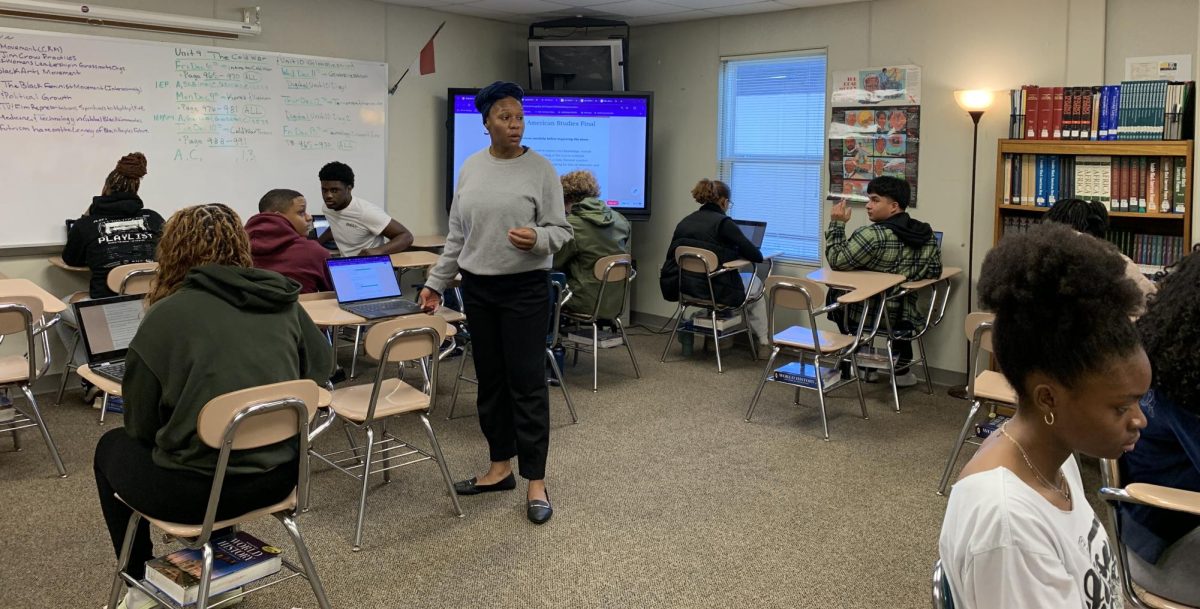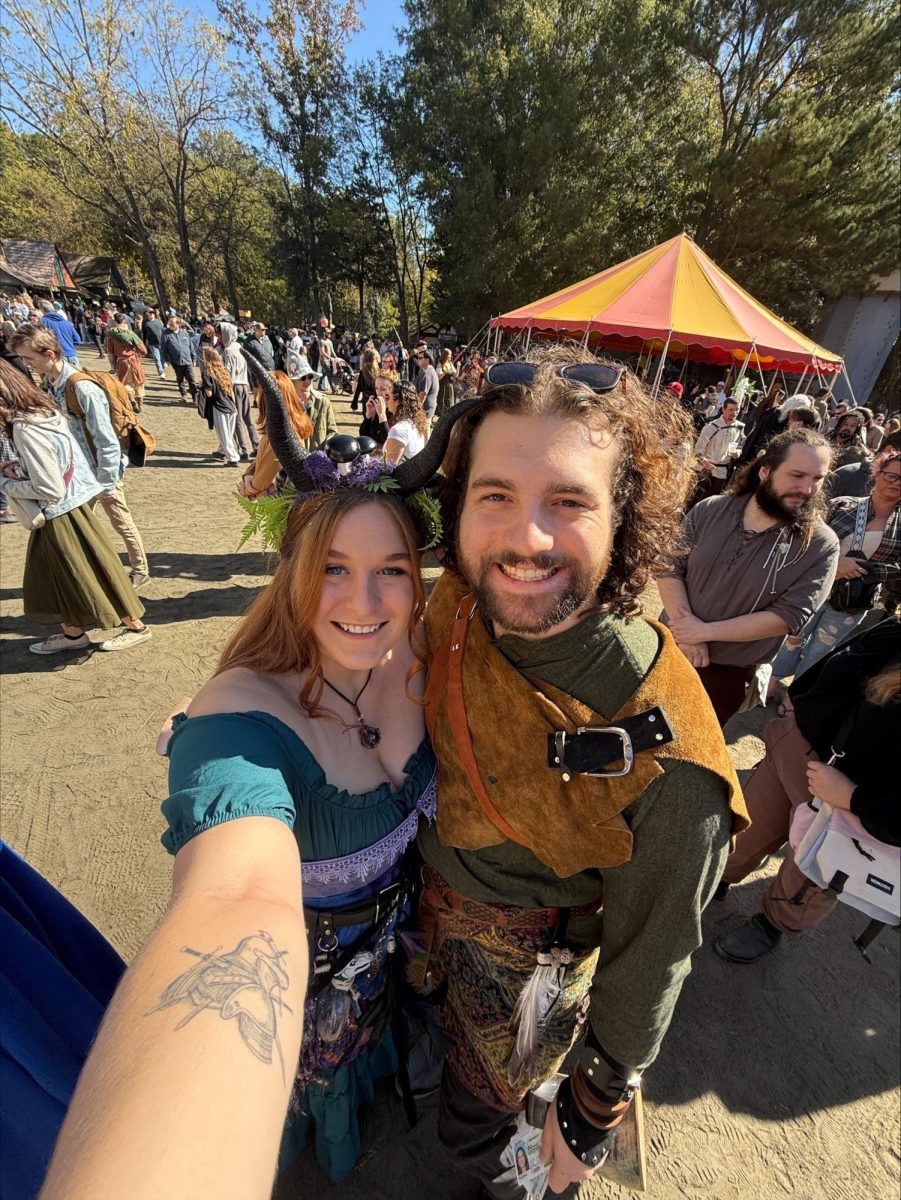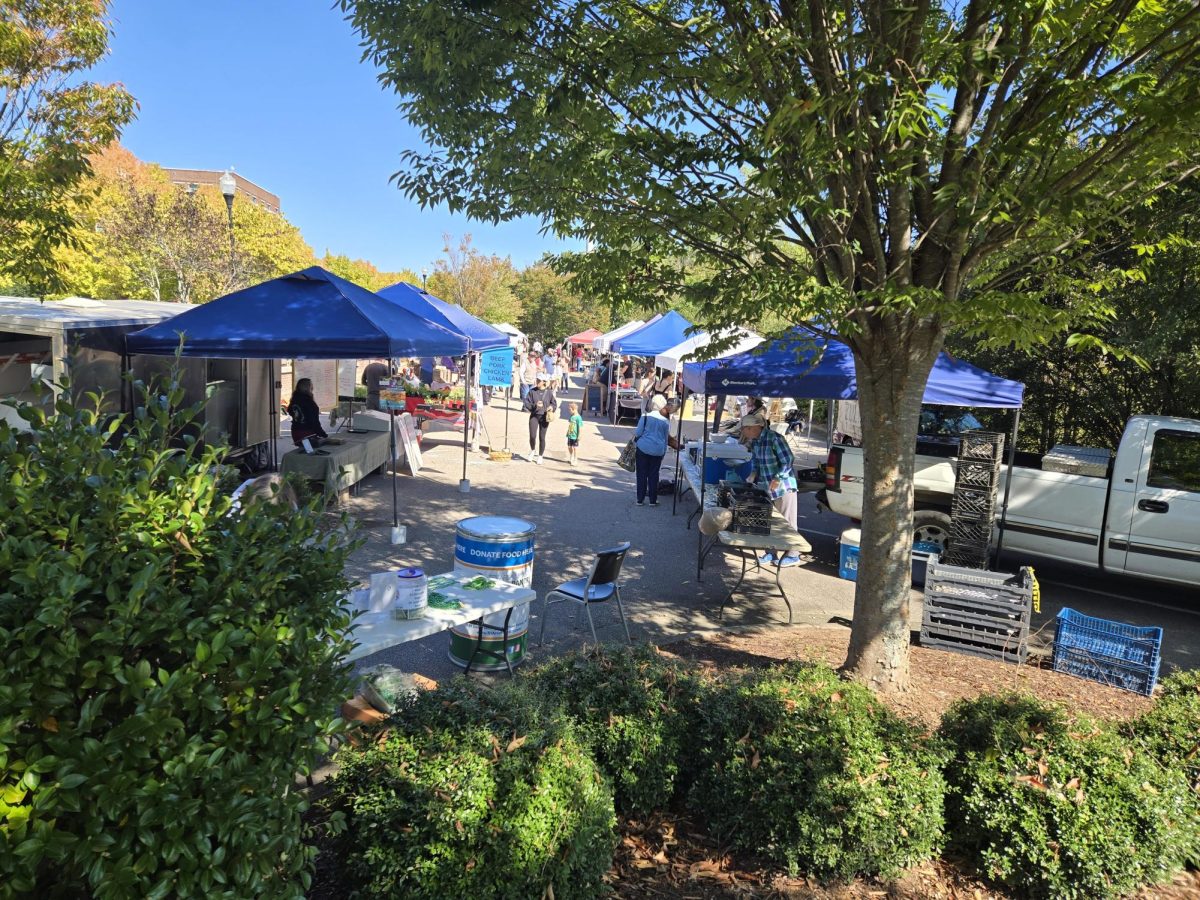Raleigh is an ever-growing center of finance and commerce that’s been seeing a surge in population for decades. With this huge rise in people, both downtown and in surrounding suburbs, it’s a natural progression to see both the number and size of local businesses increasing exponentially. Not only have startups seen a huge growth, the local art scene has followed suit with an explosion of new and creative products and markets.
Curbing the rise of both business and art, Munjo Munjo is a small in-store market that sells its own products as well as goods commissioned from other artists. The owners, Jaime Radar and Amber Echevarria, are freelance artists who recently moved to Raleigh and almost instantly became immersed into its vast art community.
“[When we] lived in Chicago, we were just kinda hanging out, drawing, and we realized ‘Oh this is fun, to just make stuff,’” Echevarria said.
Starting as tents at local art festivals and events, Munjo Munjo was formed by its two owners and namesake, Pomeranian Munjo. After months of attending events set up by third party organizers they quickly realized their need to branch off in their own direction.
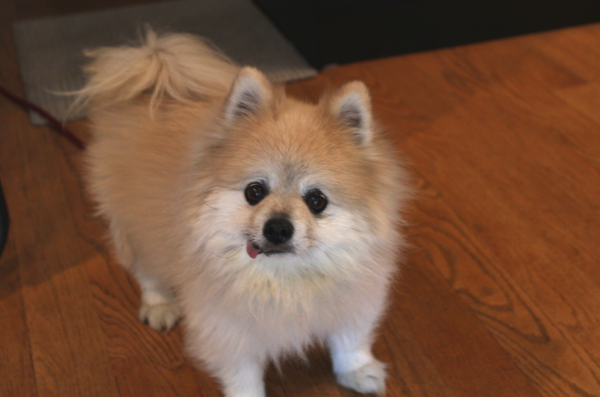
“[Originally,] we were doing these events that were just not our vibe,” Radar said. “Our brand definitely has a vibe to it, and as we did more events, we met other artists [who] also had that kind of vibe to them.”
Opening the store in 2018, Radar and Echevarria’s focus was always on the local art scene. Although they primarily featured their own designs on opening, they quickly brought in dozens of artists to provide a daily market right in the middle of downtown Raleigh. Today, they house nearly 30 artists, each providing their own unique designs. Many feature the pomeranian Munjo, but many more feature their own independent designs.
Kristen Walsby, known professionally as brutalsquid, is one of these artists featured prominently in the store. Running the DIY Punk Rock Flea Market, she met the pair in 2017, starting their partnership by selling Walsby’s art at one of the events Radar attended for the Munjo Munjo brand.
“I’m a full time freelance artist. I design merch, album covers and tour posters for bands all over the world,” Walsby said. “They invited me to sell my art at one of their events, and since then we’ve collaborated on a few things, done more events, and [now] they sell my stickers, prints and paintings at Munjo Munjo.”
By using Raleigh’s pre-existing vast network of artists and creatives, both Walsby and the owners of Munjo Munjo have been strengthened by being shared between otherwise separate artistic communities. Milo Johnson, a returning shopper of Munjo Munjo, specifically looks for artists he’s never seen before.
“[Artists] can set up a little pop-ups in Munjo [Munjo] and people who are interested can come in and buy their art,” Johnson said. “It’s how I’ve found a lot of artists I still buy from today, it’s awesome.”
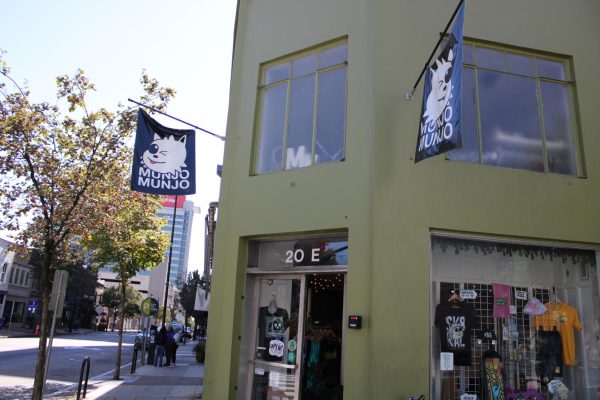
Coming from a freelance background, jumping full force into the Munjo Munjo brand may have been a difficult leap, but Radar and Echevarria both consider it to be a good decision. At the time, though, the pandemic was still closing most of Raleigh.
“There [were] not as many people in the last few years,” Echevarria said. “It’s been coming back more and more, but when we really got moving in 2020, it was a ghost town.”
It’s difficult to keep hope during a time like the COVID pandemic, but Munjo Munjo and the community surrounding show there’s more to a business than the hardships you may come across in the startup. Despite the harm done by the pandemic and the expense caused by simply starting in Raleigh, Radar and Echevarria carved their niche in the Raleigh art scene with their strong connections and solidified their place, as Radar puts it, the “weird spot of Raleigh.” Munjo Munjo grew beyond the corner store it inhabited and dug its roots deep into Raleigh’s art community.
“They’re truly about the art scene and the local artists,” Walsby said. “They’ve helped and supported so many of us.”


